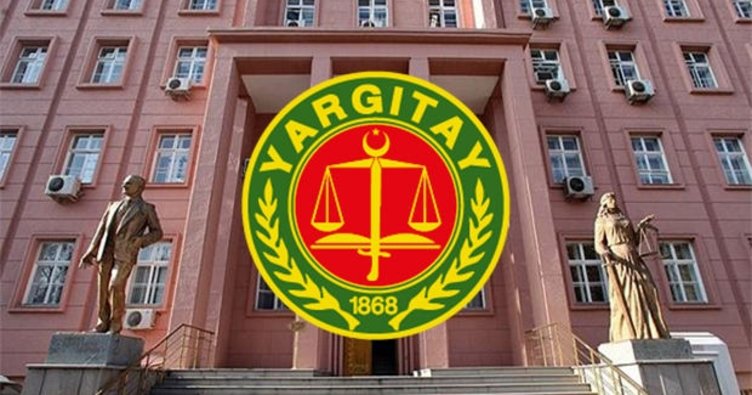
| E-mail Yazışmalarının Delil Niteliğinde Olduğuna İlişkin Yargıtay Kararı | Court of Cassation Decision Regarding E-mail Correspondence as Evidence |
| Yargıtay 13. Hukuk Dairesinde E. 2017/1014 K. 2020/4488 dosya numarası ile görülen dava, vekalet ücreti alacağının tahsili amacıyla başlatılan icra takibi nedeniyle açılan bir menfi tespit davasıdır. Mahkemenin kararına esas aldığı bilirkişi raporunda; taraflar arasında yazılı bir ücret sözleşmesi bulunmadığı tespiti ile vekalet ücreti hesaplanmış olup, dava reddedilmiştir. Oysa davalı avukat tarafından davacıya gönderilen mail yazışmasının değerlendirilmemiştir. Hukuk Muhakemeleri Kanununun 199. Maddesi uyarınca “Uyuşmazlık konusu vakıaları ispata elverişli yazılı veya basılı metin, senet, çizim, plan, kroki, fotoğraf, film, görüntü veya ses kaydı gibi veriler ile elektronik ortamdaki veriler ve bunlara benzer bilgi taşıyıcıları bu Kanuna göre belgedir.” Bu düzenleme ile mail yazışmaları da belge olarak kabul edilmiş olup, mahkemece mail yazışmaları ve davacı tarafından yapılan ödemeler değerlendirilerek davacının borçlu olup olmadığına karar verilmesi gerekirken eksik inceleme ile yazılı şekilde davanın reddine karar verilmesi usul ve yasaya aykırı bulunduğundan, karar Yargıtay tarafından bozulmuştur.
|
Lawsuit in 13th Civil Chamber of the Court of Cassation with file number E. 2017/1014 K. 2020/4488, is a negative declaratory case filed due to the enforcement proceedings initiated for the collection of the attorney’s fee receivables. In the expert report based on the court’s decision; with the finding that there was no written fee agreement between the parties, the attorney’s fee was calculated and the case was rejected on that basis. However, the mail correspondence sent to the claimant’s lawyer by the defendant’s lawyer has not been evaluated in that report. According to Article 199 of the Code of Civil Procedure, “Data such as written or printed text, deed, drawing, plan, sketch, photograph, film, image or sound recording, and data in electronic environment and similar information carriers that are suitable for proving the facts of the dispute are documents according to this Law.” With this regulation, e-mail correspondence was also accepted as a document, and while it was necessary to decide whether the claimant is a debtor by evaluating the e-mail correspondence and the payments made by the claimant, but the decision to dismiss the case in writing with incomplete examination was found against the procedure and the law, thus, the decision was reversed by the Court of Cassation. |








